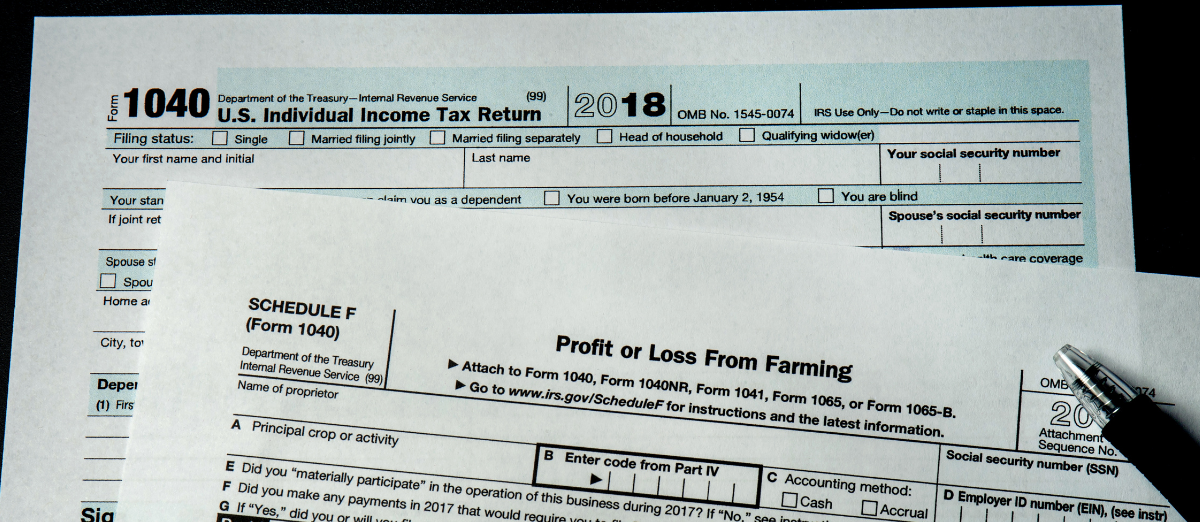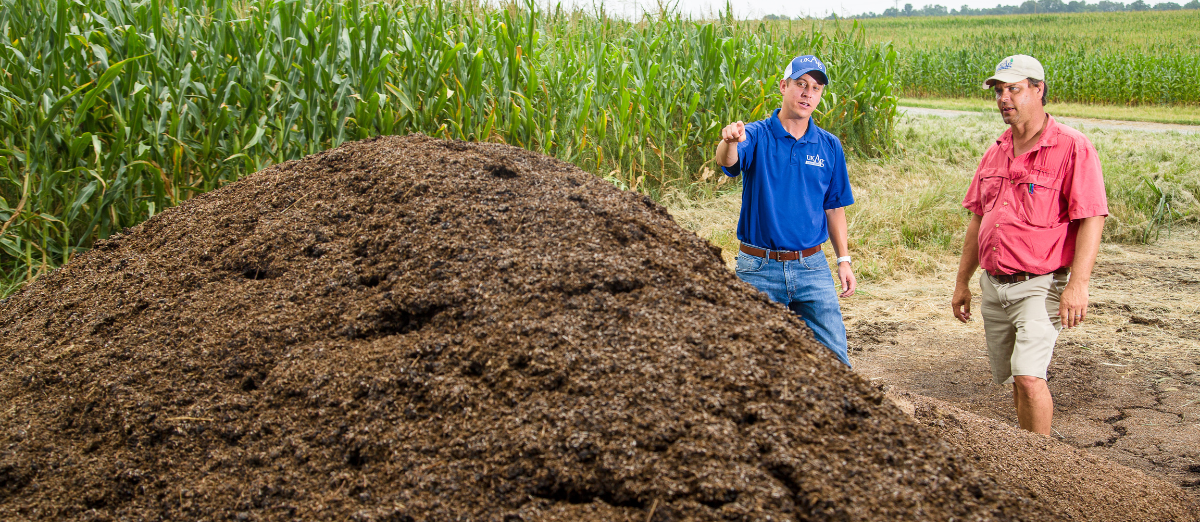Tax Management is Still Important – Even in a Down Year
Author(s): Jennifer Rogers
Published: November 29th, 2022
Shareable PDF
With farm production being down, compared to recent years, it may come as a surprise to many that tax management is still vitally important. Kentucky producers were blessed in 2021 with record yields and good prices, resulting in high revenues. While some of the 2021 revenue may have been recognized last year, many bushels of crops were held over to sell in early 2022. Most farms are cash-based taxpayers, meaning that any crop sales held over to the following year will be taxed in the year they were received. This means that even this drought year, with reduced production, could still come with a big tax bill. The steps to tax management include knowing where your income currently stands, managing tax brackets, and adjusting your income.
Good, up-to-date records are the key to management. If you don’t know what is going on financially, there is no way to know that you are making sound decisions. At this point in the year, you should be able to calculate your revenue and expenditures to date. Using this information, you should also be able to make some projections about what additional income and expenses will take place before the end of the year. Being able to compare net income this year to last year or other previous years is also a good tool. This will provide some insight into how things are different and give you some inclination as to whether you expect your tax liability to be up or down. When considering expenses, don’t forget about the non-cash expense of depreciation. An operation may or may not have depreciation available from the previous year’s purchases to use in the current year. It will depend on the expense elections and purchase history. An operation may also have capital purchases in the current year that may be available to depreciate.
While almost everyone wants to pay as few dollars in tax as possible, managing tax brackets, to take advantage of an entire lower bracket, may result in less tax paid over time. Tax liability is calculated based on the total taxable income and is calculated on the percentage rate of the tax bracket that income falls into. Everyone gets to take advantage of the lower brackets and only pays that lower rate on the income amounts that fill those brackets. As taxable income increases so does the tax rate for those additional dollars. Managing tax brackets may result in additional tax dollars paid this year as you fill up a lower bracket, but then save tax dollars in future years because you don’t have income flow over to the higher bracket. This year, with lower revenues expected from crop sales, may provide opportunities for the opposite. Producers may expect lower taxable income next year, so they may try to manage tax into a lower bracket this year, knowing that they can move some taxable income forward to next year and stay in the same bracket or at the same rate.
Adjusting taxable income sounds like it might be an issue of tax manipulation, however, cash-based taxpayers are allowed a lot of flexibility about when they recognize both income and expenses. Adjusting income can be as easy as delaying sales to the next year or prepaying expenses in the current year that won’t be used until the next year. If additional income is needed, a producer can sell more crop in this year, or take out a CCC loan and claim it as income. Accelerating depreciation or foregoing accelerated depreciation is another option. There are lots of ways to adjust income legally. If you have questions about what you can and cannot do, you should consult your tax professional. The flexibility of being able to adjust income is what allows producers to be able to manage tax brackets.
Tax management is one piece of total farm management. The key to almost all farm management issues starts with good records. Without complete, up-to-date, financial records, you can’t manage tax brackets or know which way to adjust taxable income. In a down year like this, stay aware and don’t get surprised by a sleeping tax liability that you have pushed forward. It may also be a year to “catch up” or slow the deferral of moving income forward. Review your records and have a discussion with your tax professional before the end of the year, while you can still adjust your taxable income.
Recommended Citation Format:
Rogers, J. "Tax Management is Still Important – Even in a Down Year." Economic and Policy Update (22):11, Department of Agricultural Economics, University of Kentucky, November 29th, 2022.
Author(s) Contact Information:
Jennifer Rogers | KFBM Area Extension Specialist | jennifer.rogers@uky.edu
Recent Extension Articles
The Economic Value of Applying Broiler Litter in the Fall of 2022
Jordan Shockley | November 29th, 2022
Spring application of broiler litter is ideal for maximizing the economic value but faces challenges that include wet soil conditions, lack of time to spread litter near planting, and availability of litter in the spring. Therefore, it is a common practice in Kentucky to apply broiler litter in the fall. While not optimal from an economic, agronomic, or environmental perspective, producers still need to understand the economic value of applying broiler litter in the fall.
The Center for Crop Diversification: A Resource to Farm Market Vendors and Retail Markets
Katie Fortney | November 29th, 2022
Kentucky producers are occupied running their operations for a significant portion of the year, so cold-weather months are the perfect time to explore resources to start formulating new and prosperous ideas for the next season. The Center for Crop Diversification is an invaluable resource that provides the meaningful support necessary to help Kentucky’s Producers accomplish their goals.




